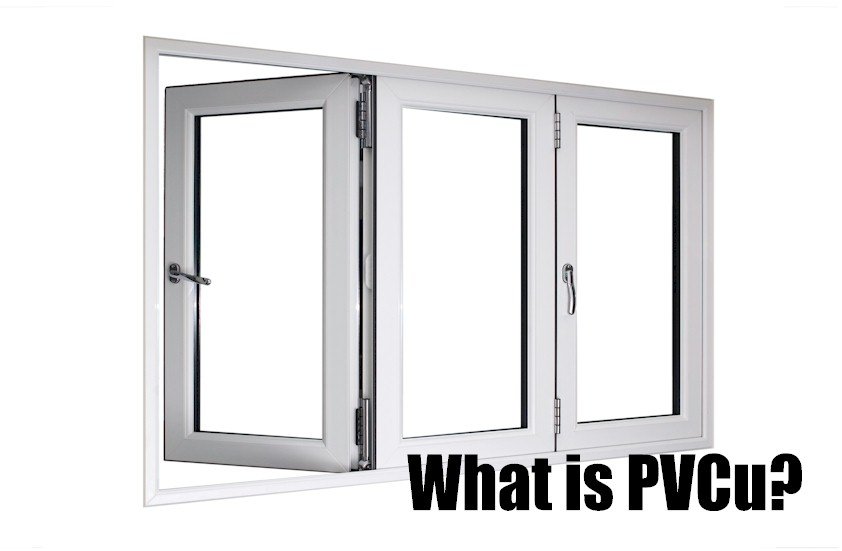What is PVC, PVCu and uPVC?

What is PVC, PVCu and uPVC?
So, what is the difference between PVCu and uPVC?
The short answer is none. In the late 80’s the UK changed from uPVC and adopted the European term PVCu. Other European countries were calling it PVC-U because European languages mostly place the noun (being PVC in this case) before the adjective (U).
So what is PVCu?
‘PVC’ for Polyvinyl Chloride. The ‘U’ stands for Un-plasticised, often wrongly called Un-modified. Poly Vinyl Chloride, which we know as every day ‘PVC’ is modified, i.e. softened and can then be used in the manufacture of products such as shoes, bags and fake leather. Hence we have become familiar with the term PVC in our everyday lives.
A small amount of stabilisers and additives are required to make Pure PVC-U suitable for window and door profiles, the exact formulas vary between different manufacturers. The final mix provides longevity, high weather and UV resistance, and a material that’s tough.
As well as window and door frames you will also see the term uPVC, PVCu and PVCue used to describe Guttering and plumbing pipes as well as PVC fascias & soffits. You probably know what PVC means. In this case the "e" stands for "expanded". Expanded or foamed PVC produces a light, strong board.
And from the Oxford Dictionaries: -
Definition of uPVC in English:
uPVC
Unplasticized polyvinyl chloride, a rigid, chemically resistant form of PVC used for pipework, window frames, and other structures.

Leave your comment